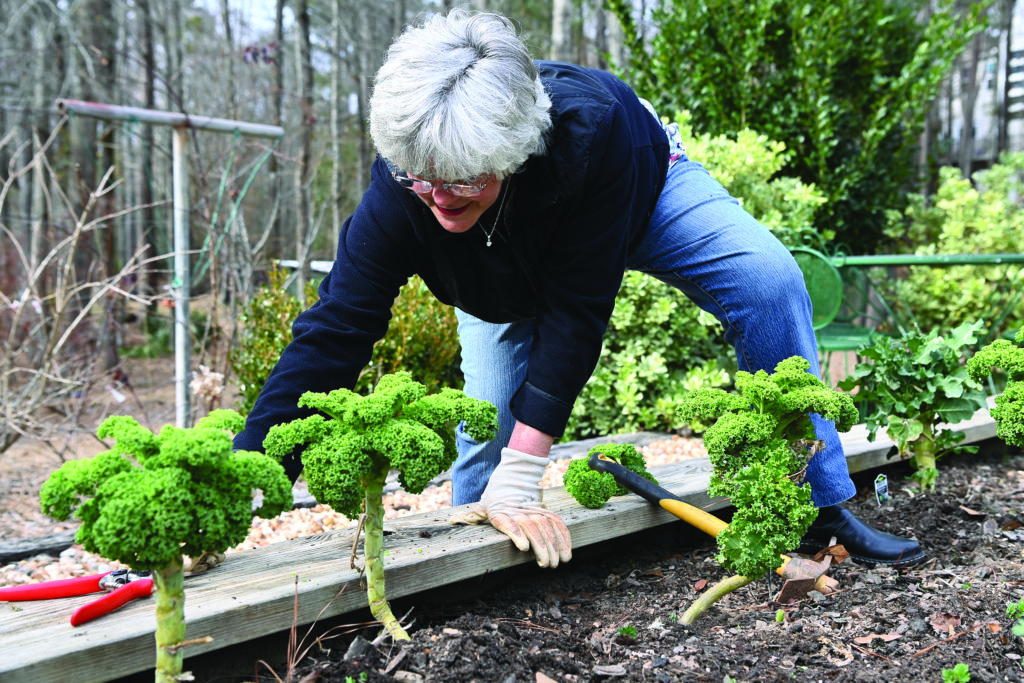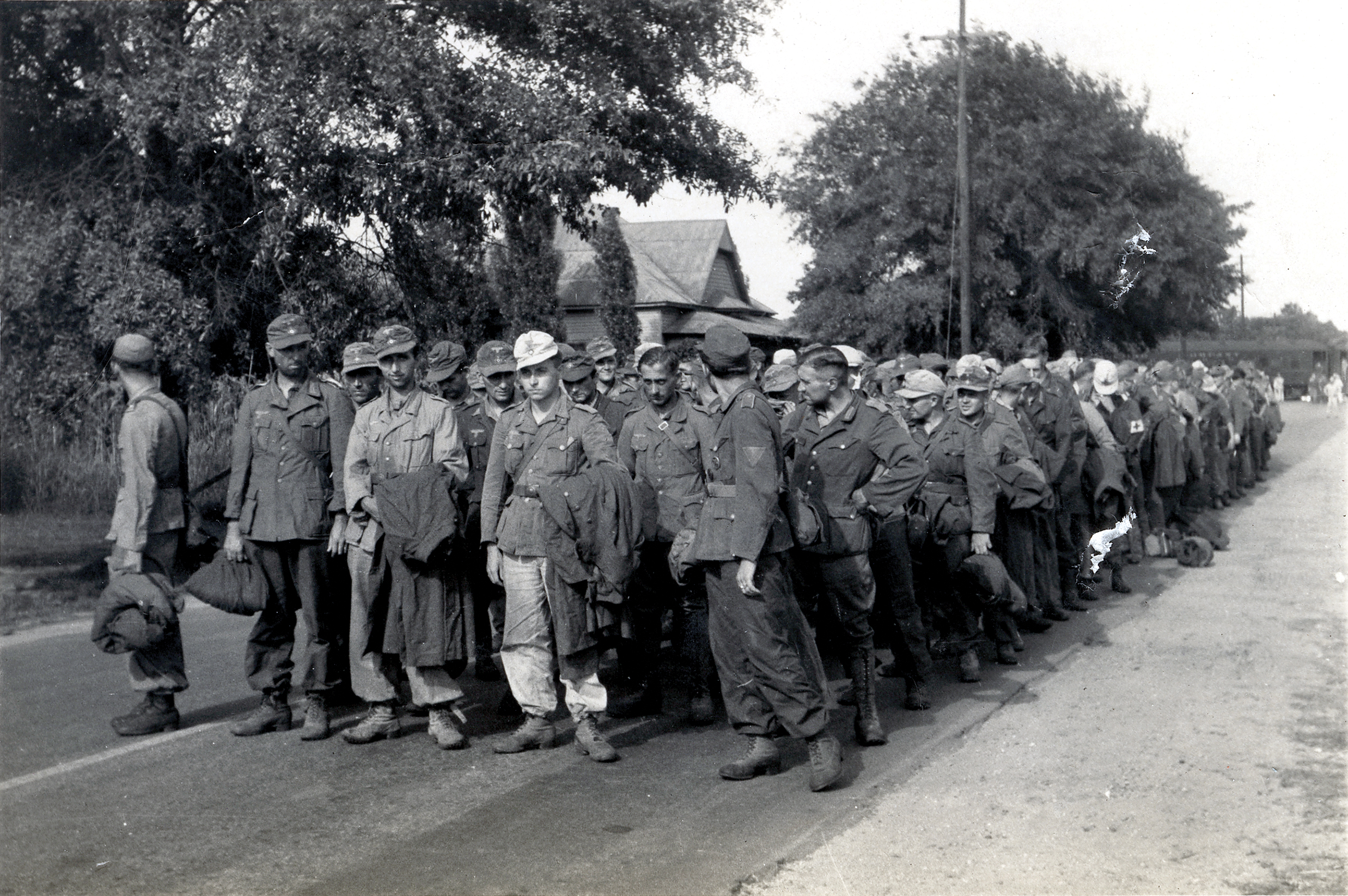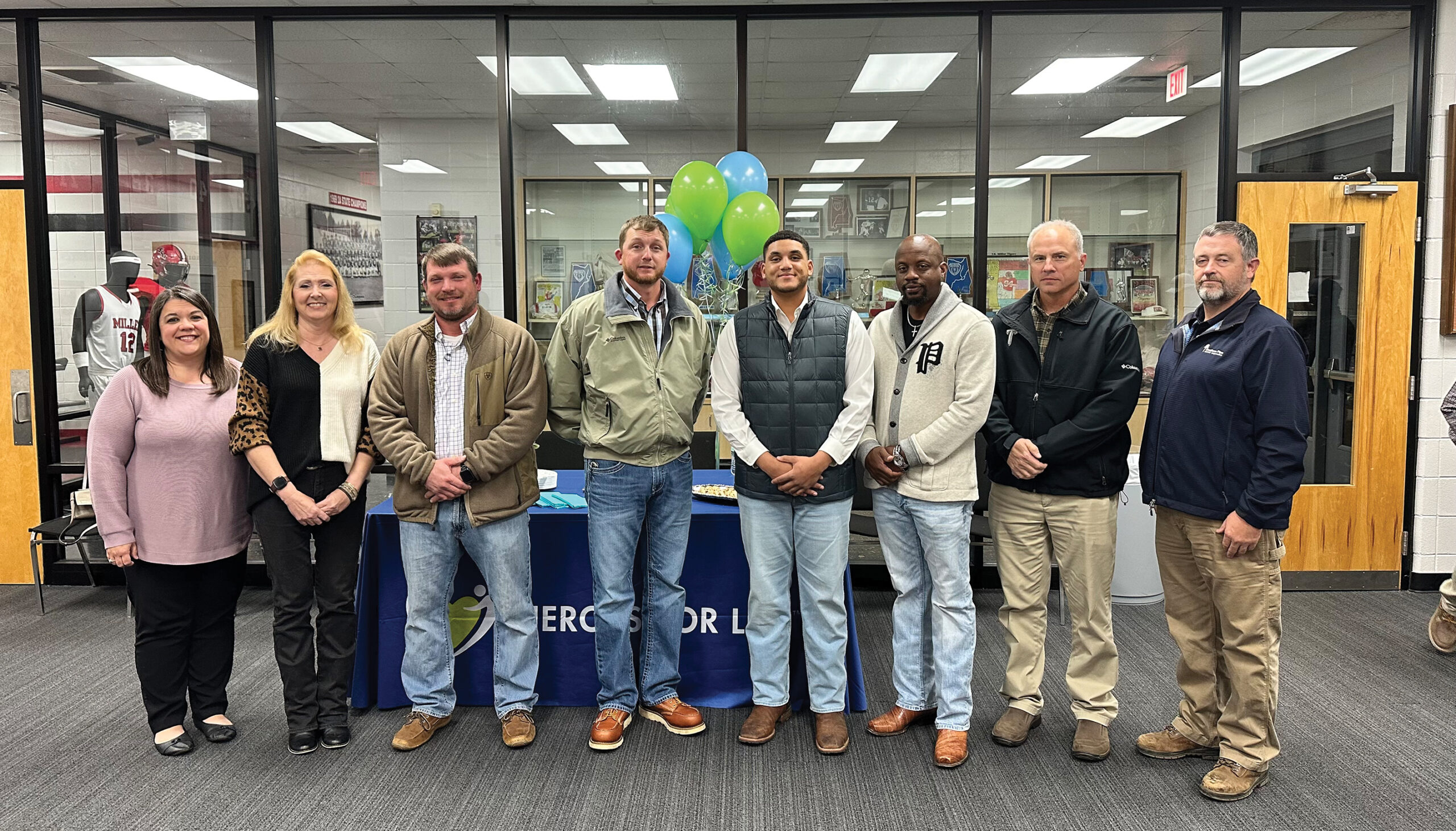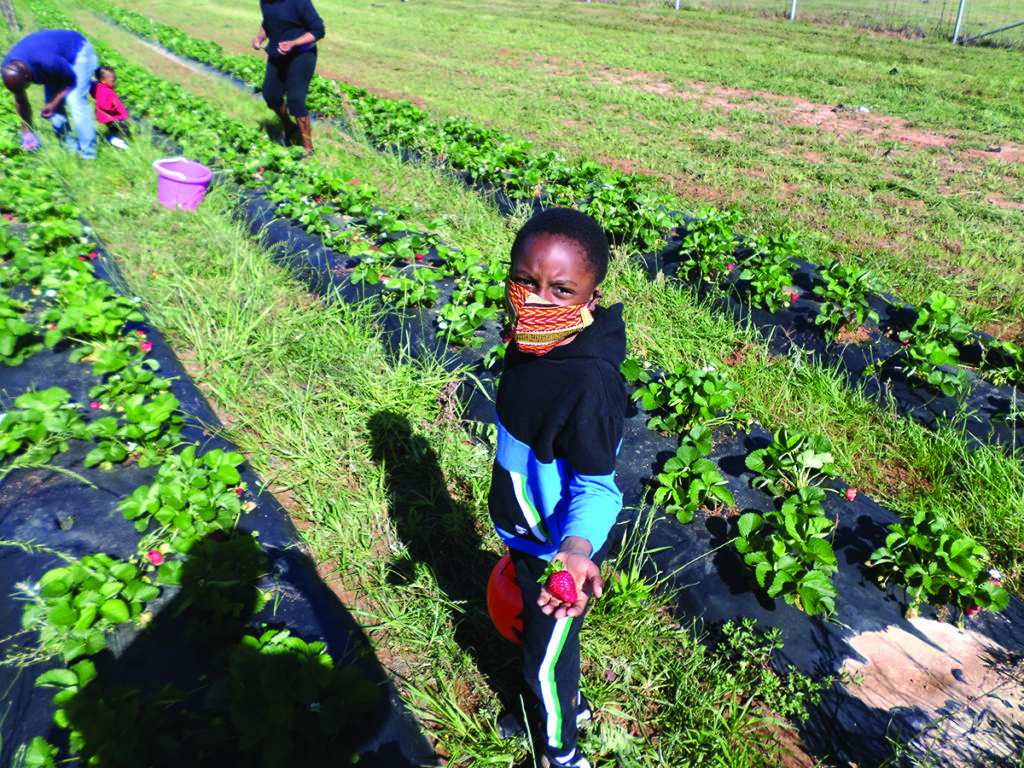
Preparing for the 2021 growing season
By Katie Jackson
When COVID-19 curtailed last year’s basketball playoff season — not to mention countless other spring activities — a different kind of March Madness swept the nation as millions of new players joined Team Gardening. Hopes are high that those gardeners will return for a second season and bring along new recruits to “play the garden,” not just in 2021 but for years to come.
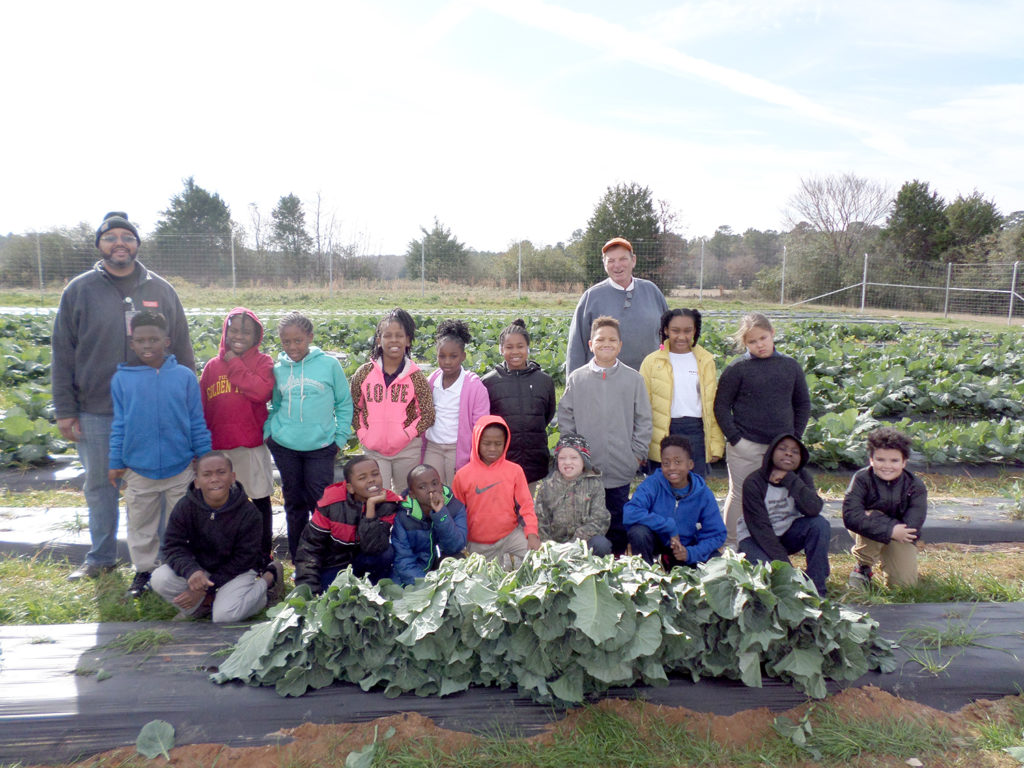
Though exact numbers are still being crunched, a Scotts Miracle-Gro survey revealed that, during the early months of the pandemic, 55% of all U.S. adults spent time outdoors gardening and caring for their lawns, and another 20% were seriously contemplating doing the same. Bonnie Plants estimated that at least 20 million first-time gardeners picked up the hobby last year and more are expected to start this year.
The reasons people turned to gardening in 2020 were diverse — some were interested in creating Victory Gardens to grow and share food; others wanted a distraction during lockdown. Others wanted to improve the habitat of their yards and outdoor spaces for themselves and for wildlife.
Whatever the reasons, as more and more people picked up the gardening game, the demand for gardening resources also increased, which created a vegetable seed shortage that reached toilet paper-hoarding proportions. But the most valuable resource, especially for first-time gardeners, was access to gardening coaches, which were in abundant supply through organizations such as the Alabama Cooperative Extension System.
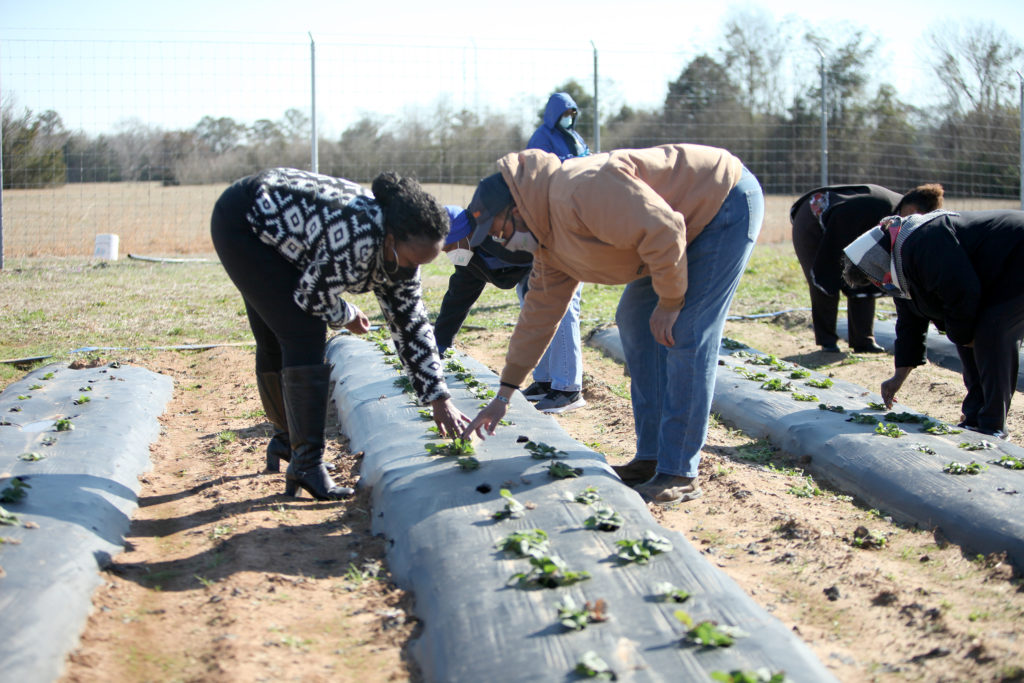
In fact, ACES employees were inundated with questions about everything from growing vegetables to caring for the landscape, says Bethany O’Rear, a Birmingham-based regional ACES agent whose job focuses in part on home gardening issues. Auburn-based Kerry Smith, who coordinates the state’s Master Gardener program and ACES’s Home Grounds Team, had a similar experience, and they were both thrilled!
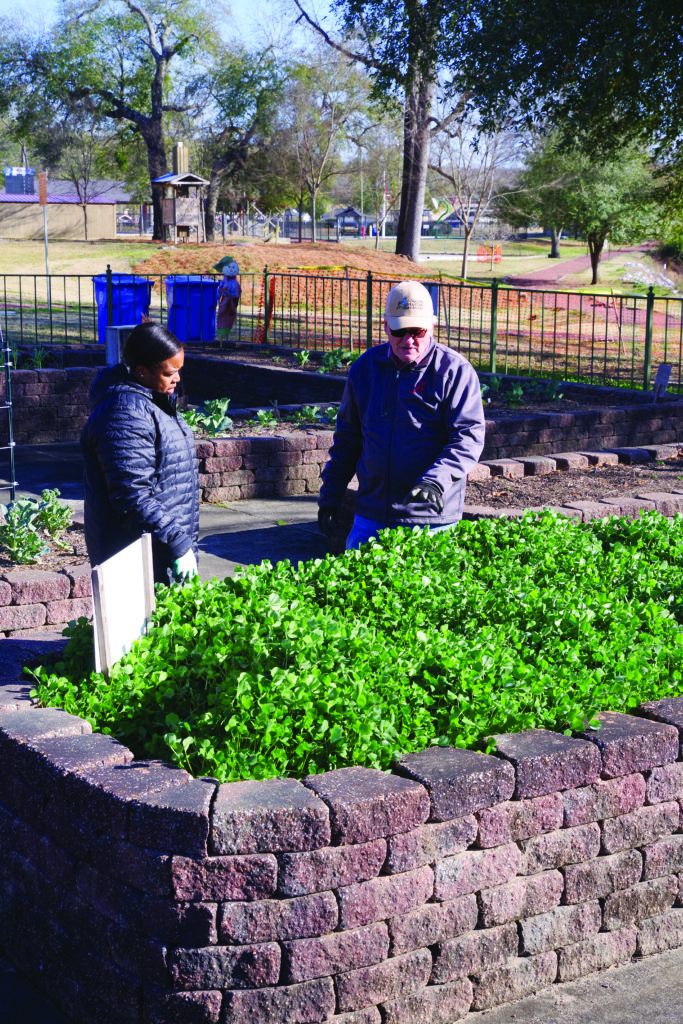
Smith and O’Rear are cheerleaders for the many physical and mental benefits of gardening — fresh air (and often fresh food), exercise and a break from life’s other stresses among those benefits. It’s also a hobby anyone can pick up, regardless of physical limitations, access to land, past experience, age or other factors. “There are no barriers in gardening,” O’Rear says.
She is also a fan of gardening because it helps people reconnect to nature and to their food systems. “The more we can get back to our roots — no pun intended — the better,” she says. “Anything I can do to help bring that back, even if on a very small scale, and to get people gardening, that’s what I want to do.”
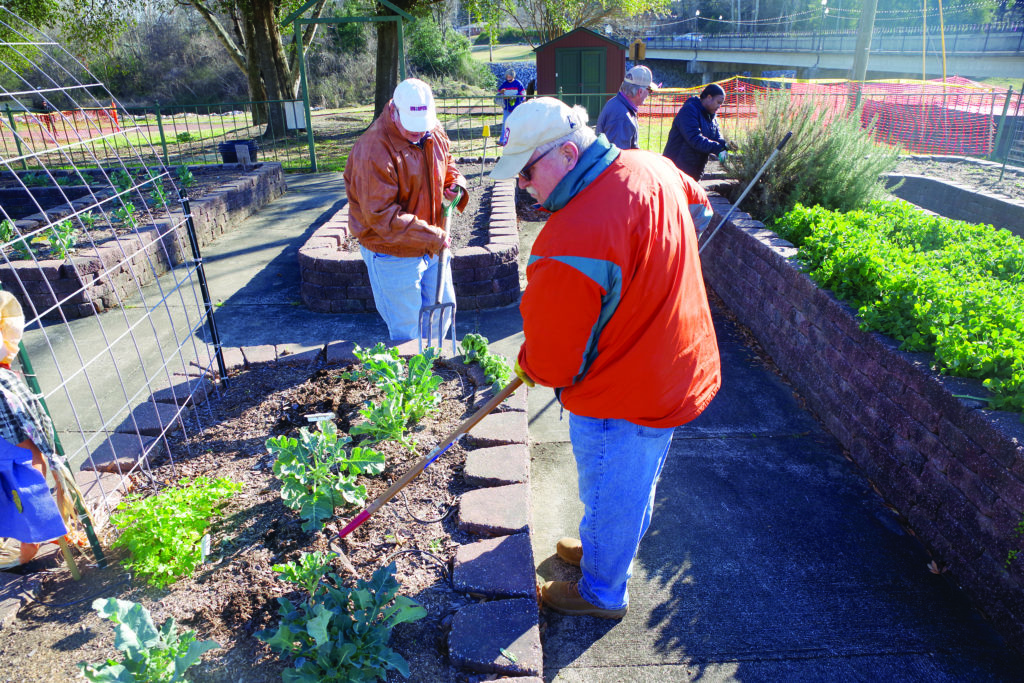
Becoming a successful gardener
But O’Rear and Smith don’t want to simply recruit new gardeners, they want to keep them on the team for years to come. Key to that is giving beginning gardeners confidence in their abilities, and confidence is built through success, which is achieved through developing a smart game plan and lots of practice.
Successful gardening does require access to basic needs — good soil (or other growing medium) and sufficient water and sunlight (a minimum of six hours a day for many vegetables). Having enough space to garden is also important, but that space need not be big. In fact, Smith and O’Rear encourage starting small by using a few containers (such as decorative or leftover nursery pots or even a five-gallon plastic bucket with holes drilled in the base), a raised bed (which can be made from repurposed items such as scrap lumber and concrete blocks) or a small bed in the yard (4 x 4 feet or smaller is ideal) for the first year or two.
According to Smith, starting small alleviates a lot of novice gardening stress when things go wrong, and things always go wrong whether it’s too much or too little rain or an infestation of pests. “If only a few things are going wrong in a small space, they can be fixed,” she says. “But if you have a 20 x 20 garden and everything is going wrong, that is disappointing, frustrating and overwhelming.”
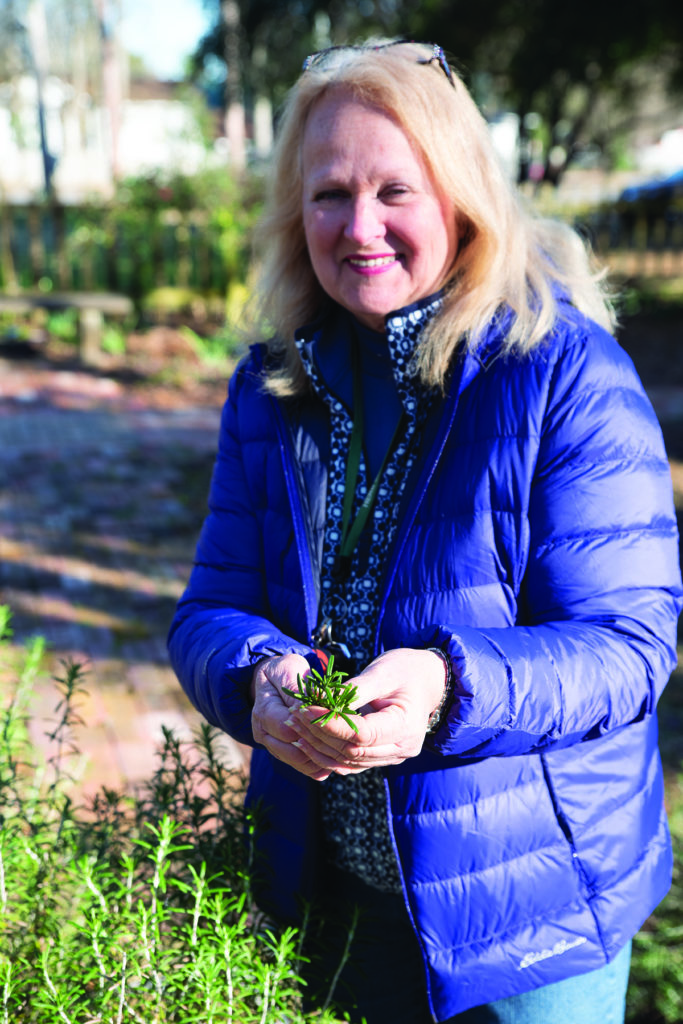
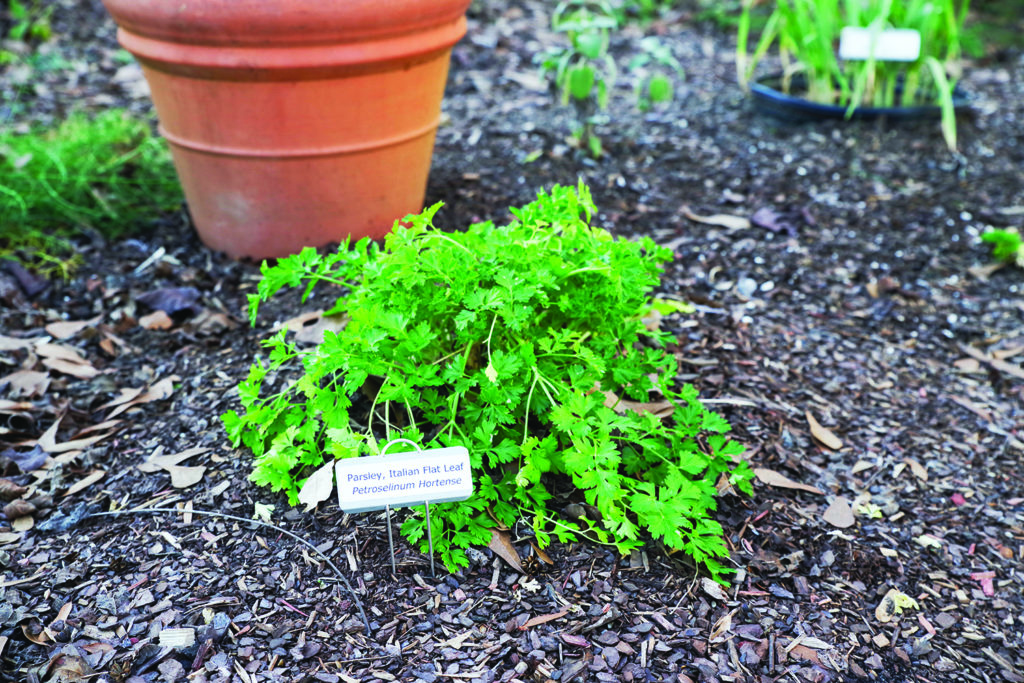
Choosing a small number of plants is also helpful. “Gardening is like going to a buffet,” Smith continued. “You want to try everything. But if you pick a few things you really enjoy, the experience is much better.”
Starting small also reduces waste — fewer plants dying as you get your green thumb into shape, for example — and it’s a great way to put fresh food — or herbs or flowers — on your table. Growing your own vegetables has many other advantages, too, such as allowing you to control what chemicals are used on your food.
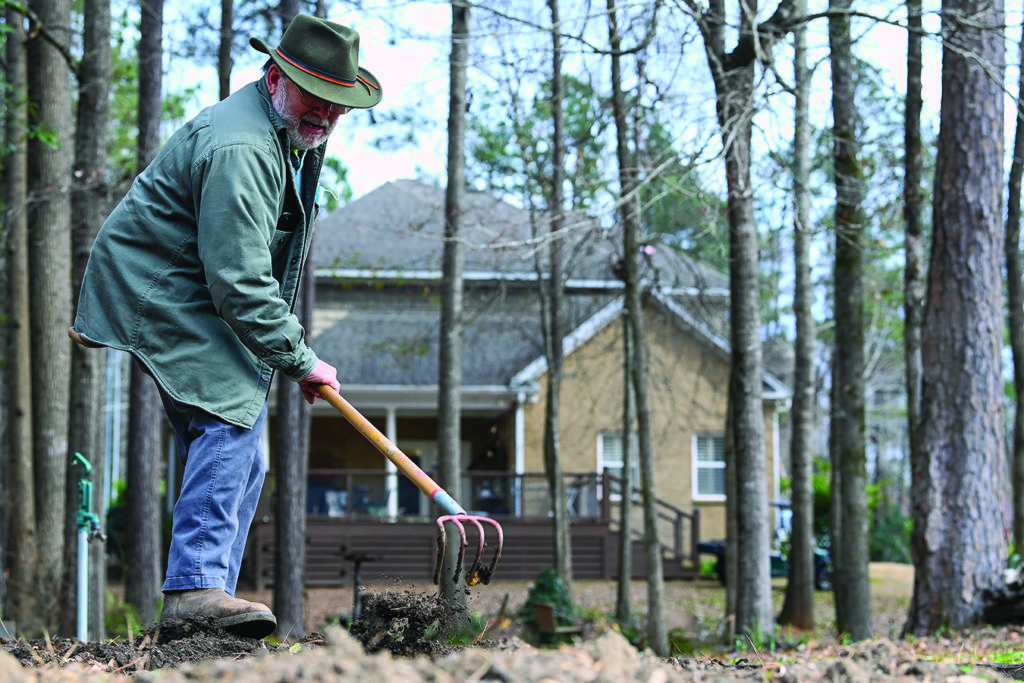
But it’s not necessarily a money-saving endeavor.
“There’s no way with current food prices that it will be cheaper to grow your own vegetables,” O’Rear says. “But the satisfaction of harvesting your dinner or lunch is priceless.”
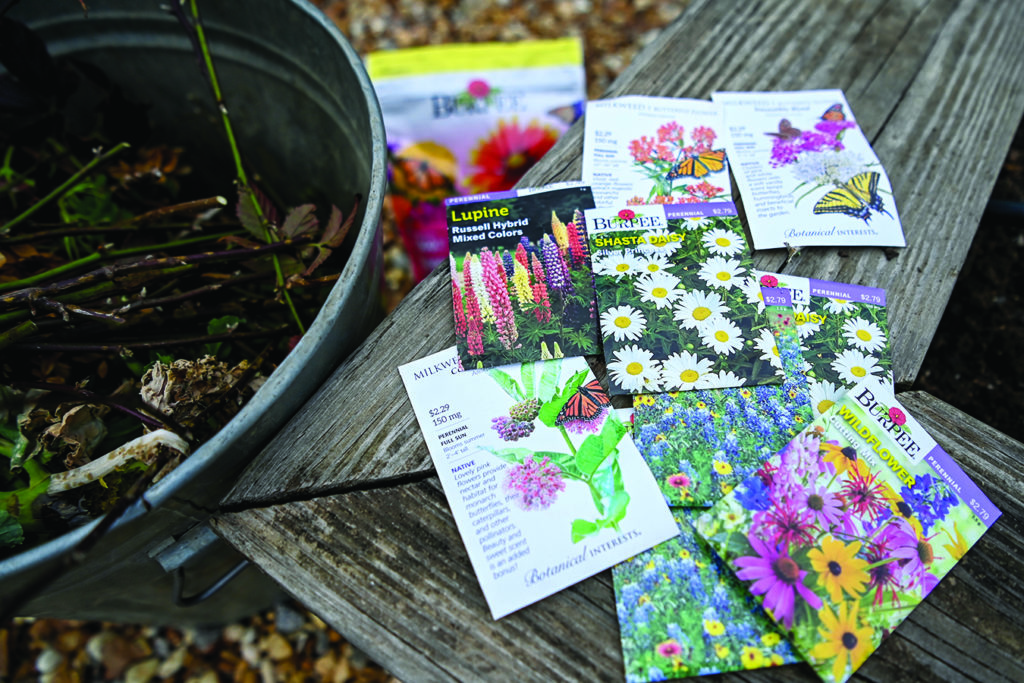
“Fresh just tastes better,” Smith agreed, adding that gardening is a great way to get children interested in healthy food, and it’s educational. “Look at all the things they can learn. There’s math, science, colors, flavors and textures.”
There’s so much to be gained from gardening, which is why O’Rear and Smith hope last year’s gardeners will stay in the game and new gardeners will join the team in 2021. And she and Smith are just two of many coaches ready to help. “Whether it’s growing lettuce in a pot or tomatoes in a five-gallon bucket, if we can get you to grow one something, that’s one more something you haven’t grown before,” O’Rear says.
And from there, the madness begins.
